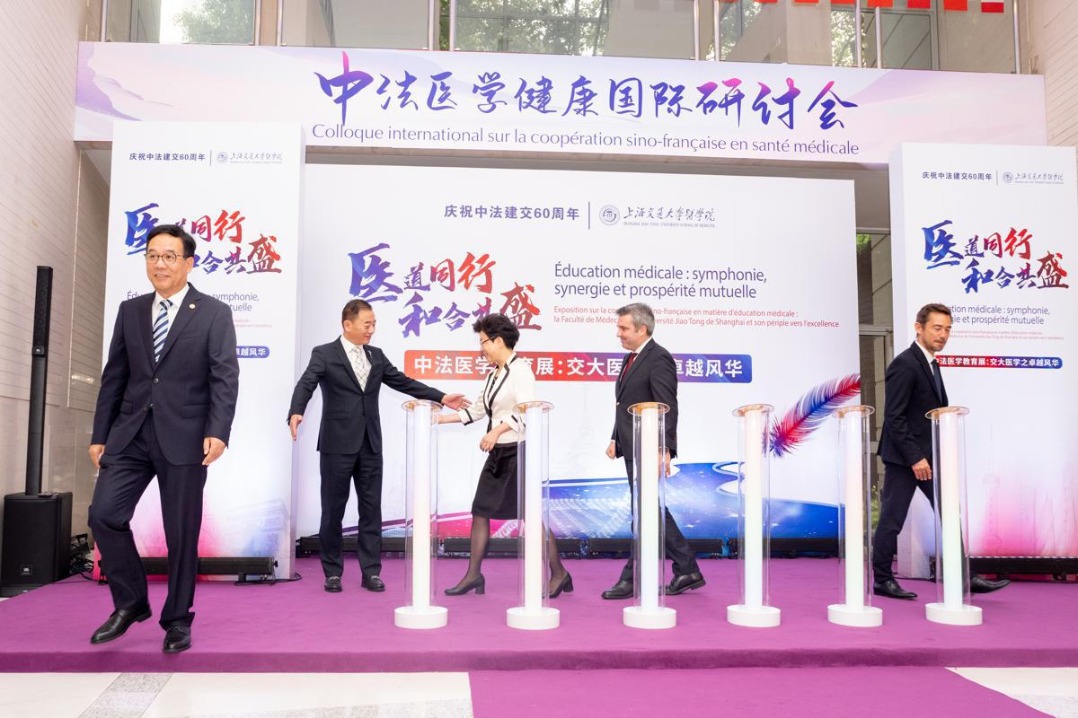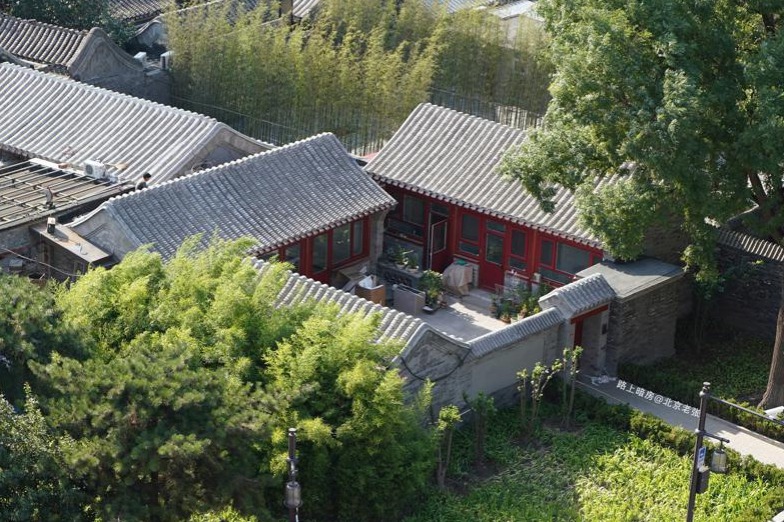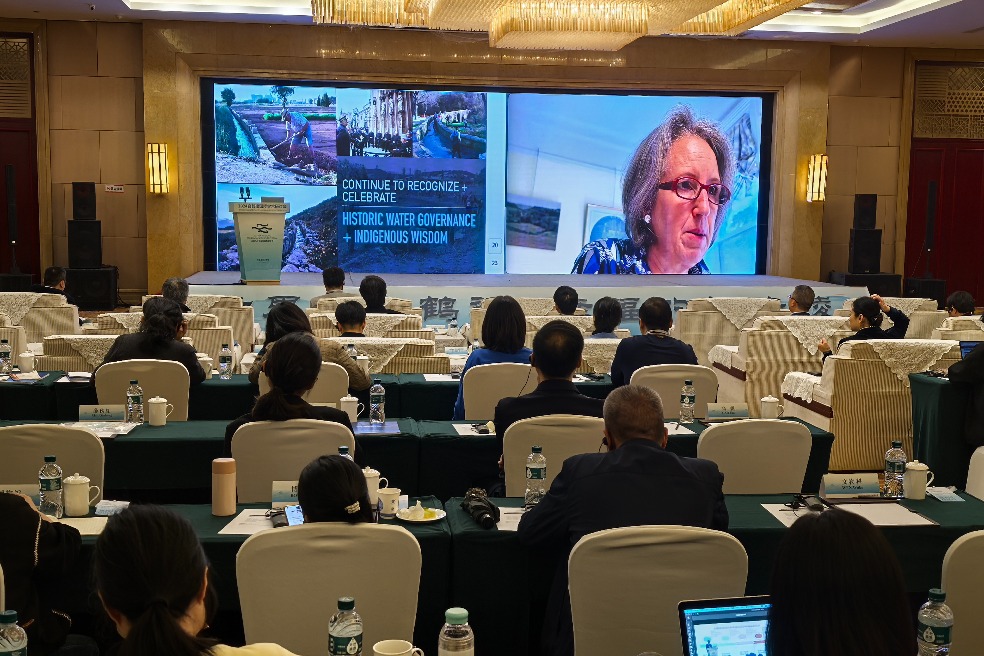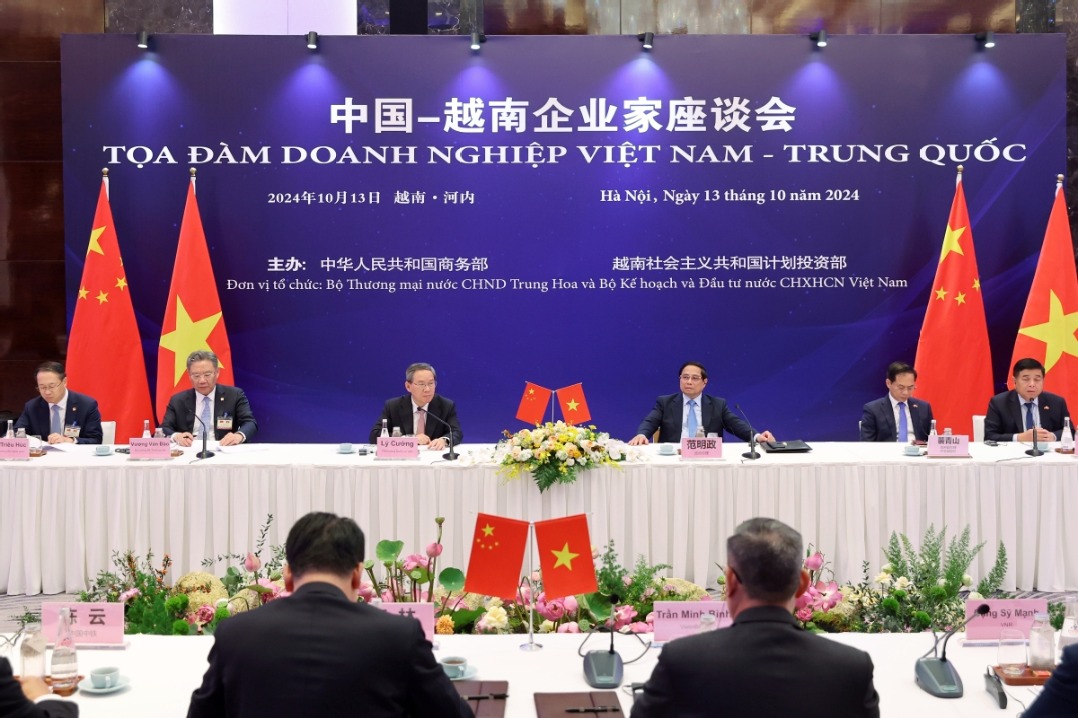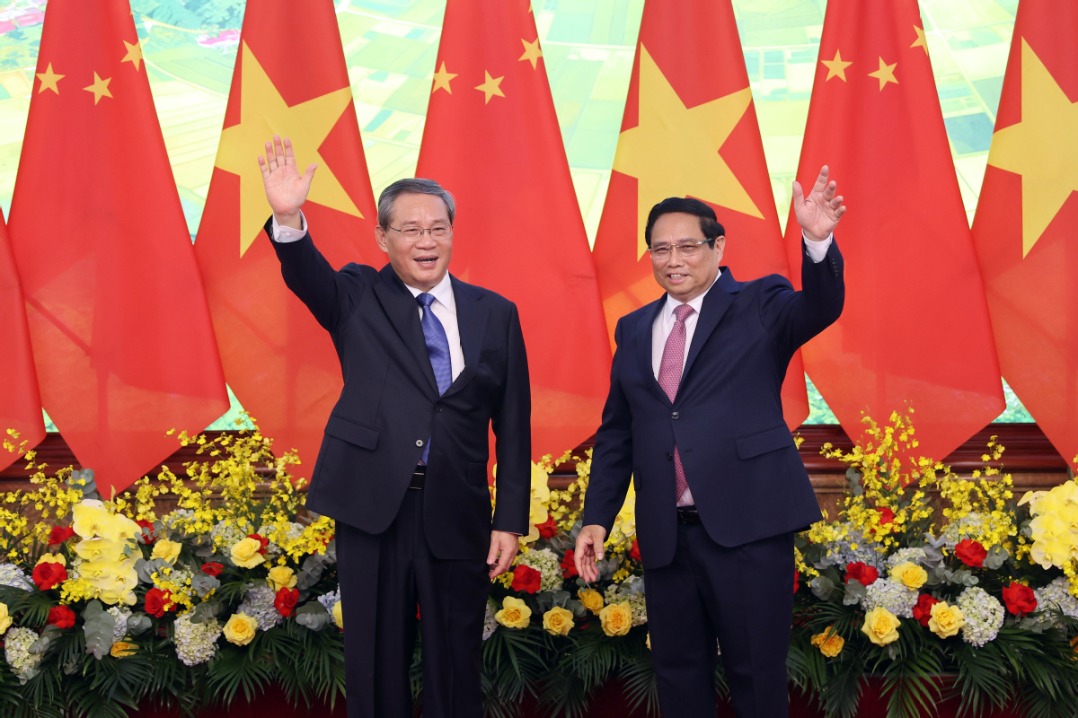Diplomats get up close look at China's nuclear power operations

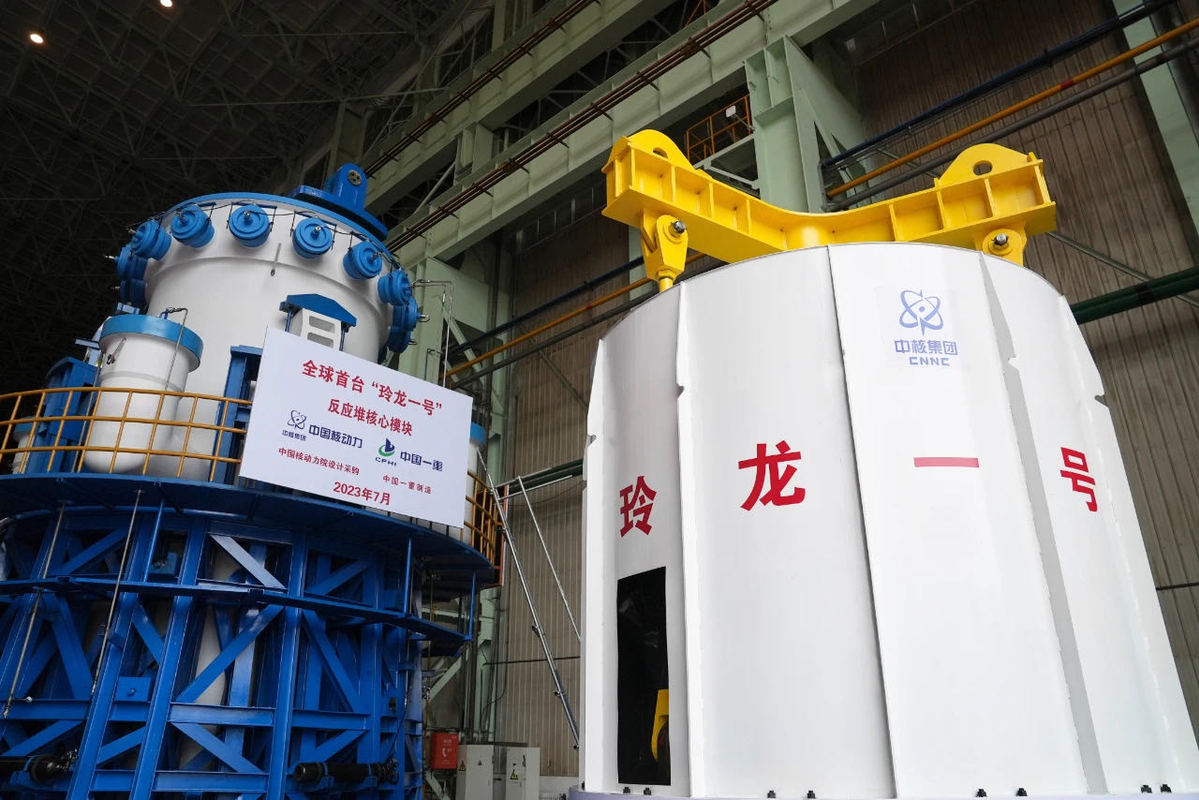
Diplomats from 11 nations recently visited several Chinese institutes involved in the nation's nuclear power operations during a five-day tour, according to the China Atomic Energy Authority.
Organized by the authority, the Chinese Foreign Ministry and the country's Permanent Mission in Vienna, envoys from Argentina, South Africa, Ghana, Kenya, Malaysia and another six countries were given guided tours to the Linglong One in Hainan province, the world's first commercial small modular reactor, the China Institute of Atomic Energy, the Chinese Academy of Agricultural Sciences, the State Nuclear Security Technology Center as well as some other organizations related to the nuclear power industry, the authority said in a news release on Friday.
During their stay in China, the diplomats took part in workshops with Chinese government officials and scholars and attended a seminar in Beijing that focused on the peaceful use of nuclear technologies.
The whole event was part of a series of activities to mark the 40th anniversary of China's inclusion in the International Atomic Energy Agency. It was intended to enhance other nations' understanding of China's nuclear energy operations and expand bilateral and multilateral cooperation in peaceful use of nuclear technology.
According to the authority, it comprehensively introduced China's promotion of sustainable nuclear energy, the benefits of nuclear technology to the socioeconomic development and people's livelihoods, as well as China's good practices and future plans in regard with its cooperation with developing countries.
The diplomats introduced their countries' priorities and major needs in the peaceful use of nuclear technology, and expressed opinions on how to better utilize nuclear technology to address sustainable development challenges.
Liu Jing, deputy head of the authority, told the diplomats that China is willing to work with Global South countries to promote the application and development of nuclear energy and train more professionals so as to offer more nuclear technology solutions to issues such as climate change, food security, healthcare and environmental governance.
- Shanghai Jiao Tong University to deepen bond with French medical schools
- Remains of late Chinese leader Wu Bangguo cremated in Beijing
- Mainland punishes 'Taiwan independence' separatists advocating violence
- Senior official in Northwest China under probe
- Beijing's payment facilitation services benefit international visitors
- Overseas graduates target computer, internet, telecommunications and electronics sectors
















